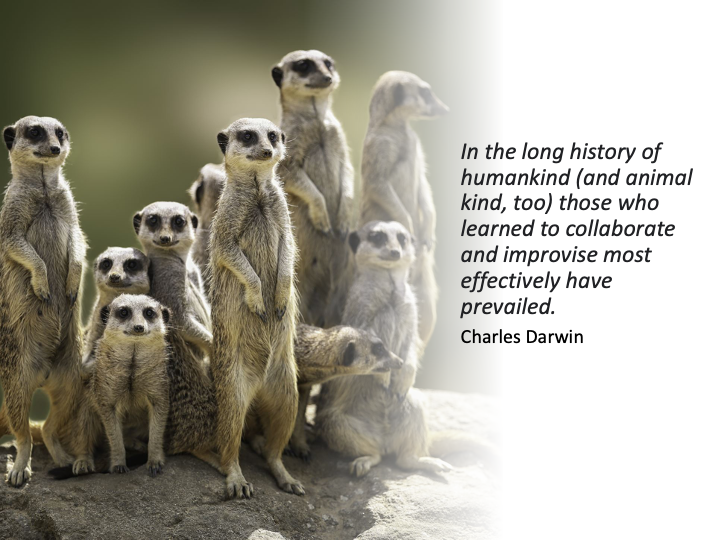The diversity within a team is an important value for several reasons:
- Range of skills: A team composed of individuals with diverse backgrounds, abilities, and perspectives is capable of tackling a wider range of challenges. Each member can contribute with their unique skills, providing innovative solutions and differentiated perspectives.
- Creativity and innovation: Diversity fosters creativity and innovation. The convergence of different ideas and viewpoints can stimulate the generation of new ideas and innovative approaches to complex problems.
- Resilience: A diversified team is better able to adapt to changes and face adversities more effectively. Because each member brings different experiences and skills to the table, the team can find alternative solutions even in difficult situations.
- Representation: Diversity within a team can better reflect the diversity of society as a whole. This can promote greater acceptance and understanding of the needs and viewpoints of people from different backgrounds.
- Learning and personal development: Working in a diversified team offers members the opportunity to learn from each other and develop greater open-mindedness. Exposure to diverse perspectives and cultures can foster personal and professional growth.
- Improved decision-making: The presence of individuals with diverse perspectives can lead to a more comprehensive evaluation of available options and therefore to more informed and thoughtful decisions.
- Better performance: Studies have shown that diverse teams tend to achieve better results than homogeneous ones, as they can leverage each member’s abilities more effectively and address a wider variety of problems.
- Reduced risks of conformity: The presence of individuals with diverse backgrounds and viewpoints can help prevent conformity within the team, encouraging challenge and open discussion of ideas.
- Enhanced reputation and talent attraction: Organizations that promote diversity and inclusion tend to have a better reputation and attract high-level talents from a variety of backgrounds and cultures.
In conclusion, diversity within a team brings a series of advantages, including better decisions, improved performance, market growth, reduced risks of conformity, and enhanced reputation, making diversity a crucial value for the team’s success.






